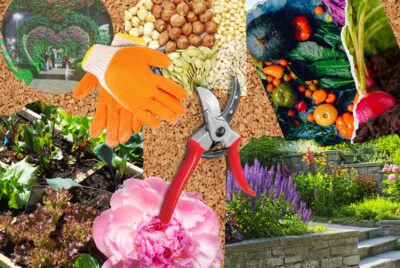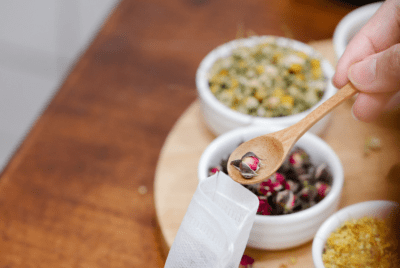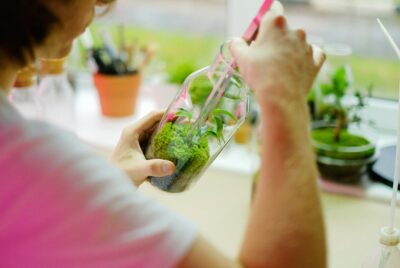RESEARCH
The Relationship of Urban Farming with Horticultural Therapy for Urbanites: A Systematic Review
Summary
This systematic review examines the relationship between urban farming and horticultural therapy as a means to reduce urban stress among urban populations. Recognizing that urbanization contributes to increased stress and social issues, the authors investigated how engaging with plants and agricultural activities within cities might offer therapeutic benefits. The review utilized the PRISMA framework to identify, screen, and select relevant articles published in the SCOPUS database between 2010 and 2022. Articles were included if they focused on urban populations, involved gardening activities as an intervention, and reported beneficial health outcomes. From an initial pool of 1,327 titles, the systematic process ultimately yielded 38 articles for detailed analysis. The study aimed to formulate a preliminary conceptual framework illustrating how urban farming and horticultural therapy constructively interact to improve mental and physical health.
The review’s findings demonstrate a significant relationship between urban farming activities and horticultural therapy outcomes. The interactions were broadly classified into three categories: Accessibility, Exposure, and Engagement. Different outcomes, such as satisfaction, solidarity, resilience, and health, were associated with various combinations of these interactions. Notably, Engagement with urban farming elements was found to be the most comprehensive interaction, linked to all sixteen identified horticultural therapy outcomes. The analysis also highlighted the importance of nature-based elements within urban farming, which emerged as a potential alternative source for viable and significant outcomes. Despite the evidence supporting the therapeutic value of urban farming, the authors call for further research, particularly to confirm the findings related to happiness and recovery, which were primarily associated with engagement and verified by only a limited number of studies.







